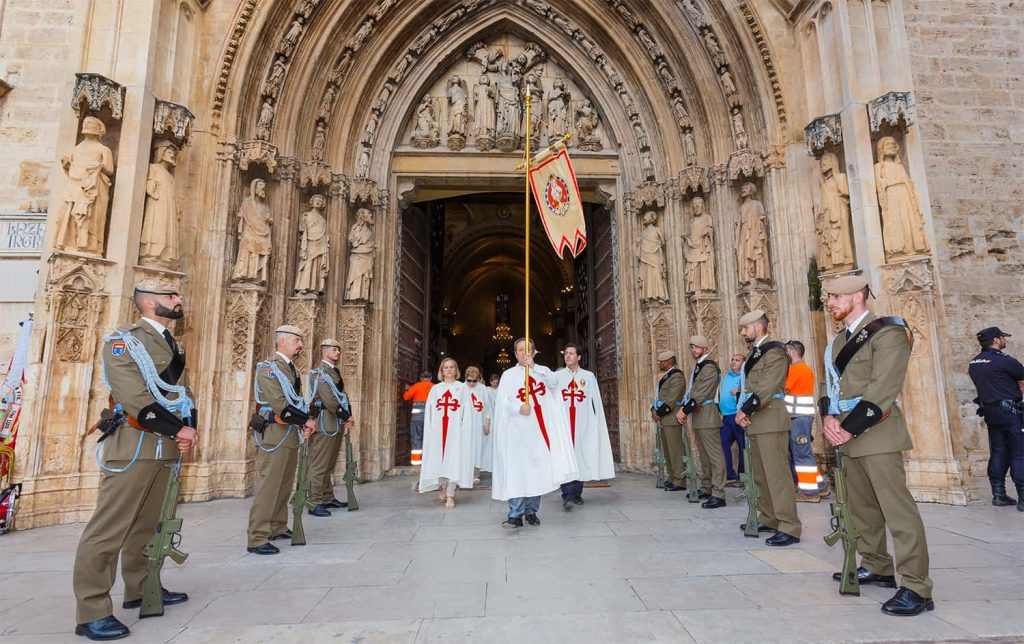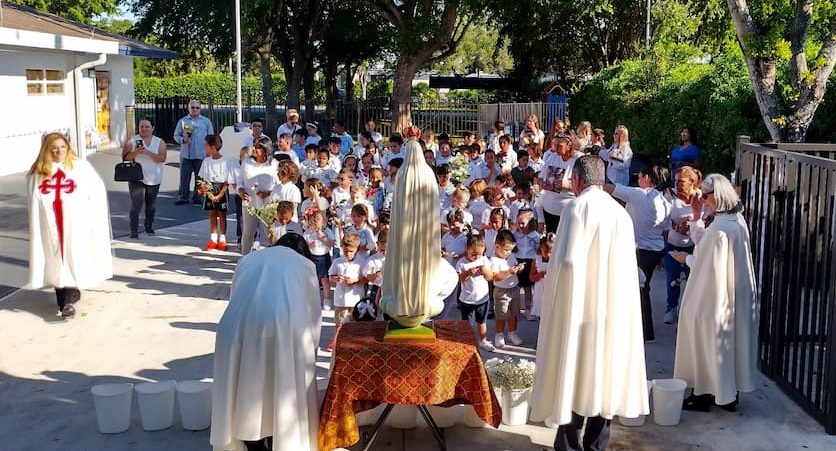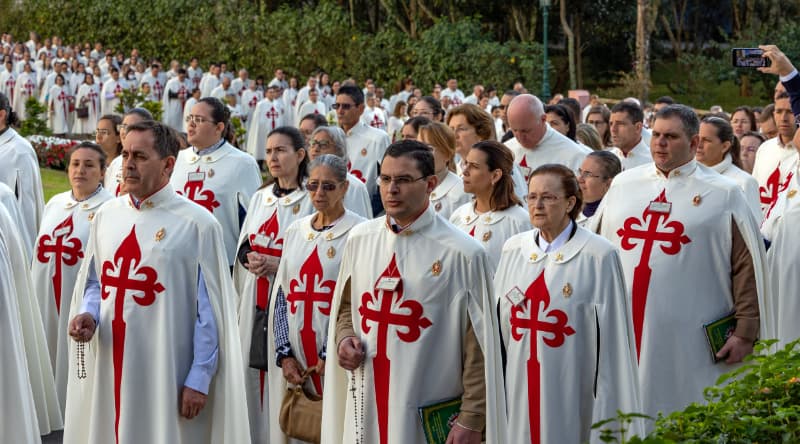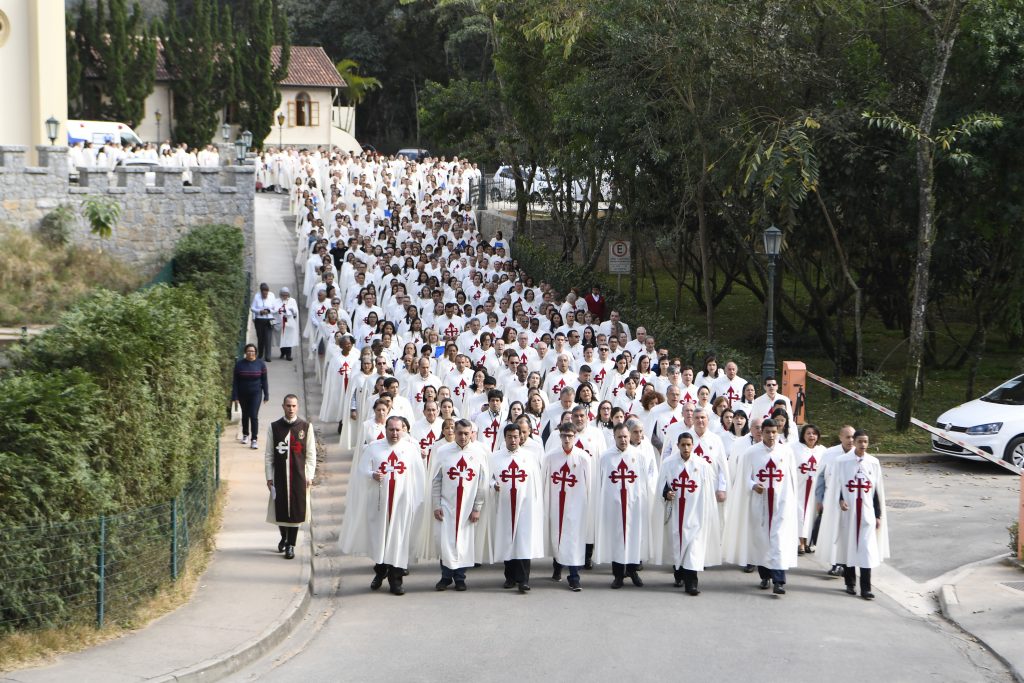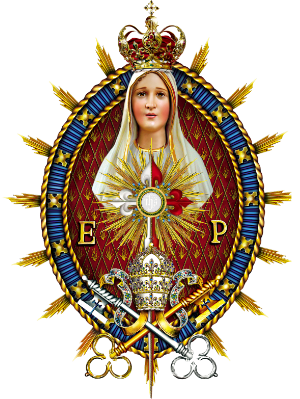The Heralds of the Gospel are at the service of the Church. They proclaim the Gospel to all social classes, they work in parishes, homes and schools.
They act in the most diverse social and cultural milieux, among professionals, among the working class, in the world of sports, in world of television and radio, in hospitals, in nursing homes, in slums, in prisons, in any place where they can bring consolation, encouragement and hope.


